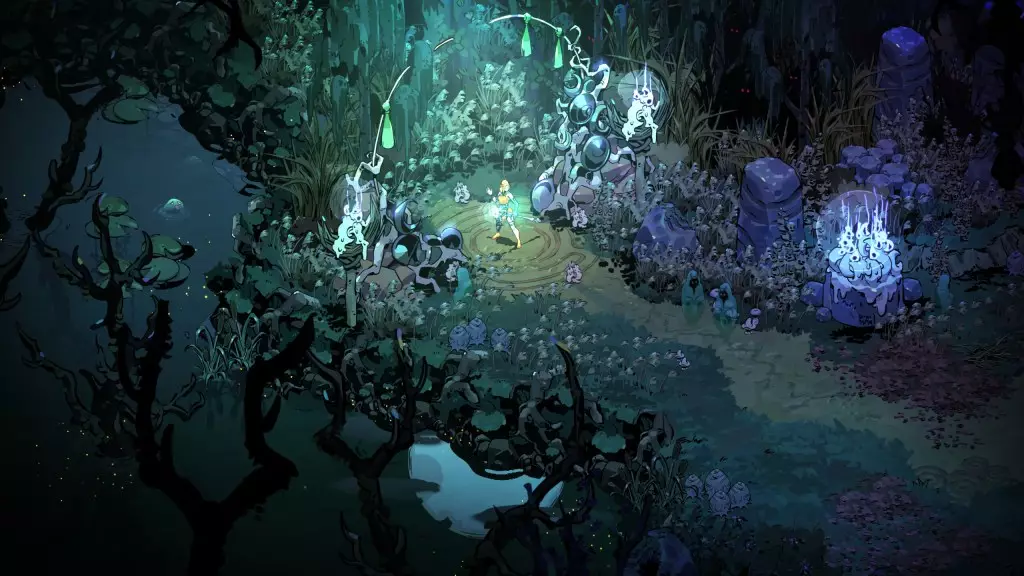Supergiant Games, renowned for its immersive storytelling and captivating gameplay in titles such as *Bastion*, *Transistor*, and the *Hades* franchise, has built a reputation that hinges on intricate narratives and deeply engaging character portrayals. The studio has consistently prioritized meaningful collaborations with voice actors, allowing them to fully embody their roles. However, a recent incident involving voice actor Marin M. Miller has cast a shadow over this image, highlighting the potential friction between creative integrity and industry practices amidst labor disputes.
The current strike involving SAG-AFTRA, which began in August, represents a pivotal moment in the landscape of voice acting within the video game industry. The strike is largely fueled by demands for more robust protections against the encroaching influence of artificial intelligence. Voice actors are understandably concerned about the implications of AI in their profession, particularly regarding the use of their voices for training AI models without fair compensation or consent. The ongoing uncertainty in negotiations raises questions about the treatment of voice actors and the ethics of studio decisions in the face of these developments.
Marin M. Miller’s public statements have ignited discussions about potential recasting practices within Supergiant Games. By urging fans to express their support for an interim contract that would allow her to continue voicing her characters, Miller has brought to light a significant concern: the fear that studios may sidestep union restrictions to recast roles during the strike. This, in turn, speaks volumes about the fragility of artistic collaborations in a turbulent labor climate. Supergiant’s denial of any recasting efforts stands in stark contrast to Miller’s concerns, yet it underscores a growing divide between the expectations of talent and the operational constraints of game developers.
Despite Miller’s outreach, Supergiant Games has maintained a veil of silence regarding ongoing negotiations. This lack of transparency raises important questions about how studios manage relationships with their talent, especially during labor disputes. While the studio has publicly rejected the idea of using AI to replace human voice actors, the ambiguity surrounding their engagement with Miller suggests a need for clearer communication. Creative relationships can thrive on collaboration and mutual respect; however, undisclosed negotiations can lead to misunderstandings and erode trust.
The saga surrounding Supergiant Games serves as a crucial reminder of the complexities faced by the gaming industry in an era of rapid technological advancement and shifting labor norms. With the SAG-AFTRA strike still ongoing and no immediate resolution in sight, voice actors like Miller represent a larger collective amidst an evolving dynamic between technology and human creativity. As developers navigate these uncertain waters, it is essential for the industry to prioritize dialogue and ensure that the voices—or the actual voices—of its creative talent remain integral to the storytelling process. Without this commitment, the unique narratives that games offer could be at risk of losing their personal touch in a bid for efficiency or cost-effectiveness.

